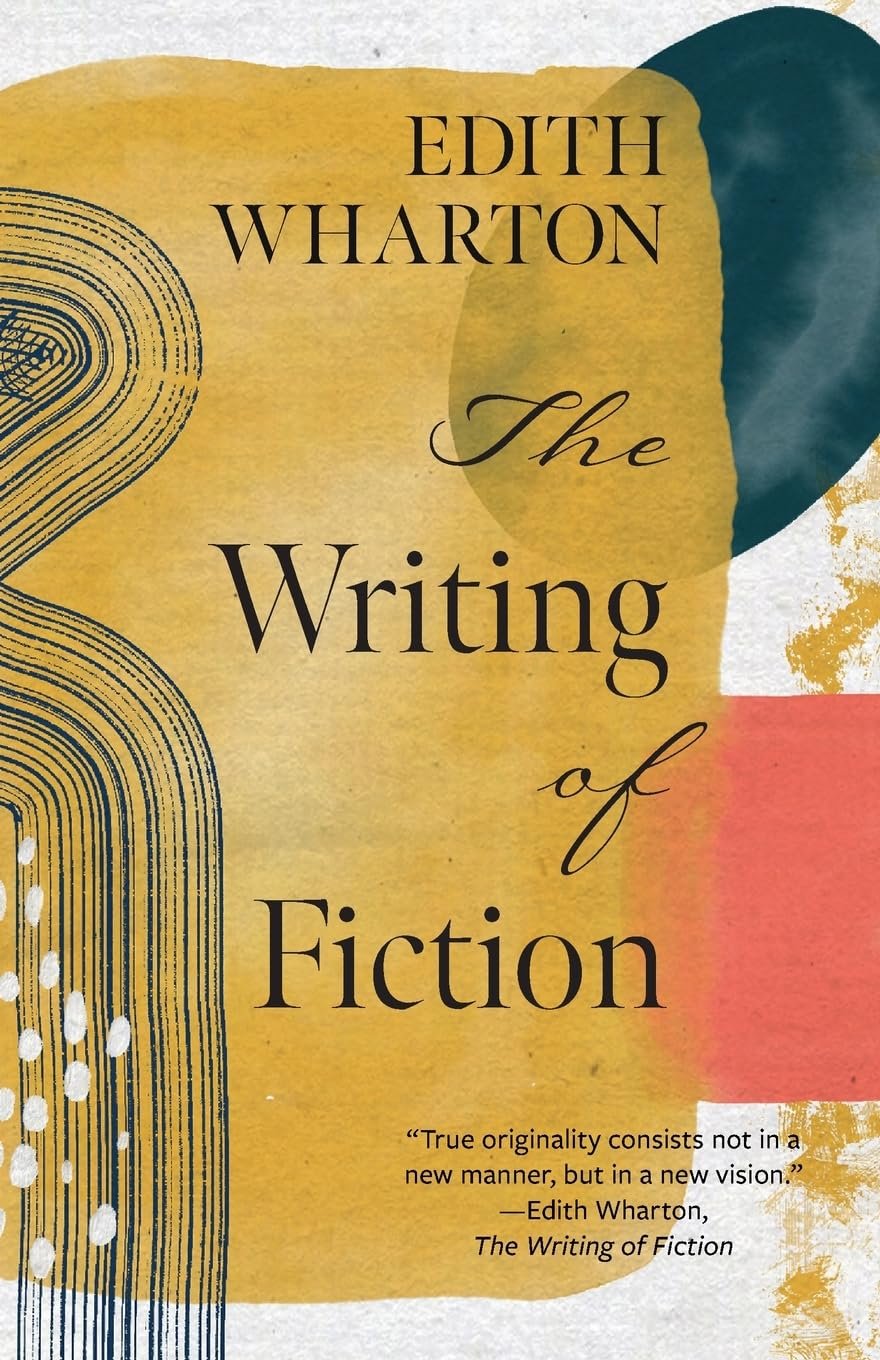
20 Aug Crafting Stories: A Deep Dive into The Writing of Fiction
Review of The Writing of Fiction (Warbler Classics Annotated Edition)
There’s something magical about the intersection of two worlds—the reader and the writer. As I cracked open Edith Wharton’s The Writing of Fiction, I felt the gentle tug of inspiration, the kind that whispers to the aspiring writer in all of us. Edith Wharton, a literary giant and the first woman to snag the Pulitzer Prize for Fiction, has long been a beacon for both writers and readers alike. When I stumbled upon this Warbler Classics edition, I couldn’t resist diving in.
Wharton’s work is like a cozy chat with a wise mentor who knows exactly where you’re coming from—whether you’re crafting your first short story or wrestling with the plot of a sprawling novel. The book offers a brilliant synthesis of her insights—the essence of storytelling, character motivation, and the delicate dance of plot harmonization. Each chapter reads like a masterclass that offers not just practical guidance but also a dialogue about the artistic process itself.
One of Wharton’s core themes is that “True originality consists not in a new manner, but in a new vision.” This statement resonated deeply with me, illuminating a frustrating truth we often forget: writing is as much about perspective as it is about technique. Her insights challenge us to dig deep and uncover our own unique voices, rather than merely replicating the styles of those who came before us.
Her writing style is both articulate and accessible, making the text feel intimate and inviting. The pacing is measured, allowing readers to absorb her concepts without feeling rushed. Wharton doesn’t just throw rules at you; she invites you to explore, experiment, and, above all, to be vulnerable—an essential quality for any writer.
In an interesting turn, Wharton concludes her commentary with a lively analysis of Marcel Proust’s work. This unexpected addition offers a fresh lens through which to view narrative complexity and thematic depth. I found it delightful, and it deepened my appreciation for both authors, sparking my curiosity about their intersecting ideas on character and time.
The annotated edition adds further value with a biographical timeline, presenting a context in which we can appreciate Wharton’s contributions even more.
I’ll confess, I expected a dry, textbook-like read, but instead, I discovered a treasure trove of warmth and wisdom. This book serves not only as a guide for budding authors but also as a bridge to understanding literature more deeply—it’s an invitation to connect more authentically with the stories we love.
I wholeheartedly recommend The Writing of Fiction to writers, yes, but also to anyone who cherishes literature. Whether you’re a seasoned novelist or a casual reader, Wharton’s reflections provide a nourishing perspective that often feels like a conversation with an old friend. You’ll find yourself contemplating not just how stories are told, but why they resonate—and isn’t that the magic of writing?
So, as I placed the book back on my shelf, I felt a renewed sense of purpose. Wharton reminded me that the true journey of writing is about exploring and sharing our individual visions of the world. And what a beautiful journey it is.
You can find The Writing of Fiction (Warbler Classics Annotated Edition) here >>









